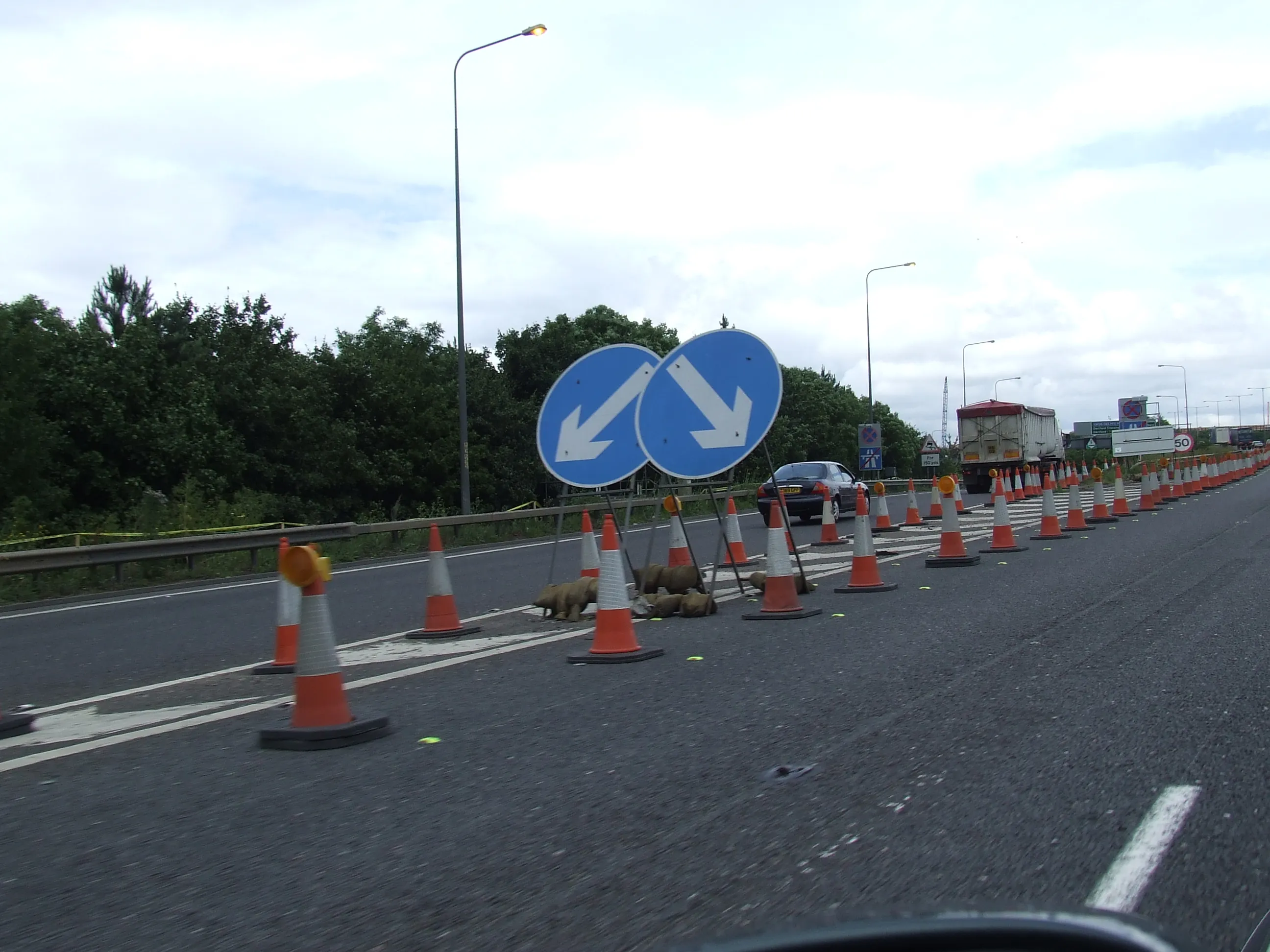The South African government is engaging with the private sector to review alternatives to the e-tolling system on Gauteng highways. The move was announced by the country's deputy president, Kgalema Motlanthe, who repeated his earlier assertion that the "most equitable way" to fund the Gauteng Freeway Improvement Project (GFIP) is via the user-pay system. He added that the underlying cause for frustration relating to the user-pay system should be resolved by engaging with the private sector.
June 18, 2012
Read time: 2 mins
The South African government is engaging with the private sector to review alternatives to the e-tolling system on Gauteng highways.
The move was announced by the country's deputy president, Kgalema Motlanthe, who repeated his earlier assertion that the "most equitable way" to fund the Gauteng Freeway Improvement Project (GFIP) is via the user-pay system. He added that the underlying cause for frustration relating to the user-pay system should be resolved by engaging with the private sector.
Motlanthe began the private sector engagement with a meeting with Business Unity South Africa (Busa). He said that in the weeks to come, several further consultations will be carried out with other organisations, which include the Road Freight Association on 19 June, 2012 and a meeting with the Opposition to Urban Tolling Alliance on 21 June, 2012.
The government has turned to the Constitutional Court after the implementation of the e-tolling system was stopped by Pretoria High Court on 30 April, 2012. Big business had flagged up concerns over the project’s administrative costs and has called for more transparency over their calculation. Arguments will be heard by the Constitutional Court in August 2012.
The move was announced by the country's deputy president, Kgalema Motlanthe, who repeated his earlier assertion that the "most equitable way" to fund the Gauteng Freeway Improvement Project (GFIP) is via the user-pay system. He added that the underlying cause for frustration relating to the user-pay system should be resolved by engaging with the private sector.
Motlanthe began the private sector engagement with a meeting with Business Unity South Africa (Busa). He said that in the weeks to come, several further consultations will be carried out with other organisations, which include the Road Freight Association on 19 June, 2012 and a meeting with the Opposition to Urban Tolling Alliance on 21 June, 2012.
The government has turned to the Constitutional Court after the implementation of the e-tolling system was stopped by Pretoria High Court on 30 April, 2012. Big business had flagged up concerns over the project’s administrative costs and has called for more transparency over their calculation. Arguments will be heard by the Constitutional Court in August 2012.








